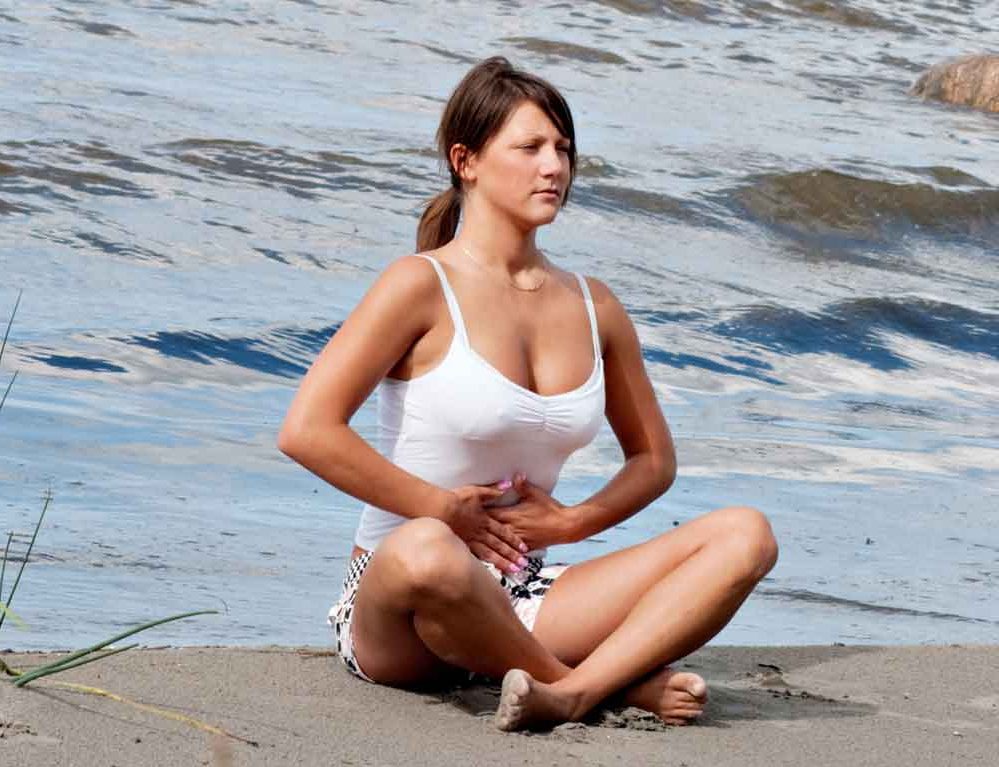Yoga for Your Memory

Yoga may be just as good, or better, than the current gold standard of treatment for memory loss. Here's what you should know about yoga for memory loss.
Studies suggest yoga and meditation may have benefits for your brain and memory.
Kirtan Kriya is an ancient form of meditation that involves chanting, hand movements, and light visualization. It’s long been practiced in India, where it is believed to reduce cognitive decline.
When combined with yoga, it could have significant effects. A study compared yoga and Kirtan Kriya with memory training in 35 participants over 55, all experiencing mild memory loss.
People in the yoga arm took a weekly yoga class and practiced 20 minutes of Kirtan Kriya at home every day. Those in the memory training group also had a one-hour class each week, then did 20 minutes of exercises each day. This second group learned and practiced techniques shown in other studies to improve memory.
After 12 weeks, the two groups had similar improvements in verbal memory — what you use to remember names and words. But the yoga group showed additional improvement in spatial memory, which you use to get around in the world. The yoga group also had reduced depression and anxiety and improved resilience to stress.
The results suggest yoga may be just as good, if not better, than the current gold standard of treatment for memory loss.
“Historically and anecdotally, yoga has been thought to be beneficial in aging well, but this is the scientific demonstration of that benefit,” the study’s lead author, Helen Lavretsky, a professor of psychiatry at UCLA, said. “We’re converting historical wisdom into the high level of evidence required for doctors to recommend therapy to their patients.”
YOU MIGHT ALSO LIKE: Yoga for Back Pain
Other research also point to yoga’s benefits for the mind.
In one study, yoga improved a range of cognitive functions in elderly people. In the study, the yoga group — average age 76 — worked fairly hard. They received one-hour sessions of gentle yoga exercises daily with an experienced yoga therapist for a month, then weekly sessions for another two months.
Finally, they practiced on their own for the following three months, with most reporting three to four sessions a week. Their sessions included about 15 minutes of meditation.
Of the study’s 120 participants, almost two-thirds complained of memory lapses at the start of the study. By the end of six months, the yoga group showed improved function across a range of measures — from verbal, visual, and working memory to executive function. Meanwhile, performance on the same measures worsened in the control group, who performed no exercise.
It’s long been known that exercise is good for your brain. Yet there may be something different about yoga. Most forms of yoga include a focus on controlled breathing while performing postures, as well as a period of quiet meditation. Those purely cognitive elements may partly explain yoga’s efficacy in warding off the ravages of aging, experts believe.
In another study, yoga also improved cognitive function in older adults. This study, however, compared yoga to stretching. Both groups — made up of people aged 55 to 79 — practiced for an hour, three times a week, for eight weeks.
The yoga group saw greater improvement in key mental functions, such as accuracy and reaction time in working memory, over the stretchers.
“Hatha yoga requires focused effort in moving through the poses, controlling the body, and breathing at a steady rate,” the study’s lead author commented. “It is possible that this focus on one’s body, mind, and breath generalizes to situations outside of the yoga classes, resulting in an improved ability to sustain attention.”
Researchers still aren’t entirely sure how yoga helps the brain. Its stress-relieving benefits may partly explain the cognitive boost.
Another analysis of the yoga versus stretching concept dug further. Participants in the yoga arm had lower cortisol — the fight-or-flight hormone — than the stretchers, meaning they felt less stress during memory testing.
High cortisol concentrations contribute to cognitive deficits as we age, the authors noted. As a result, yoga may help slow cognitive decline in part, restoring balance to your body’s nervous system.
Updated:
August 03, 2023
Reviewed By:
Janet O’Dell, RN